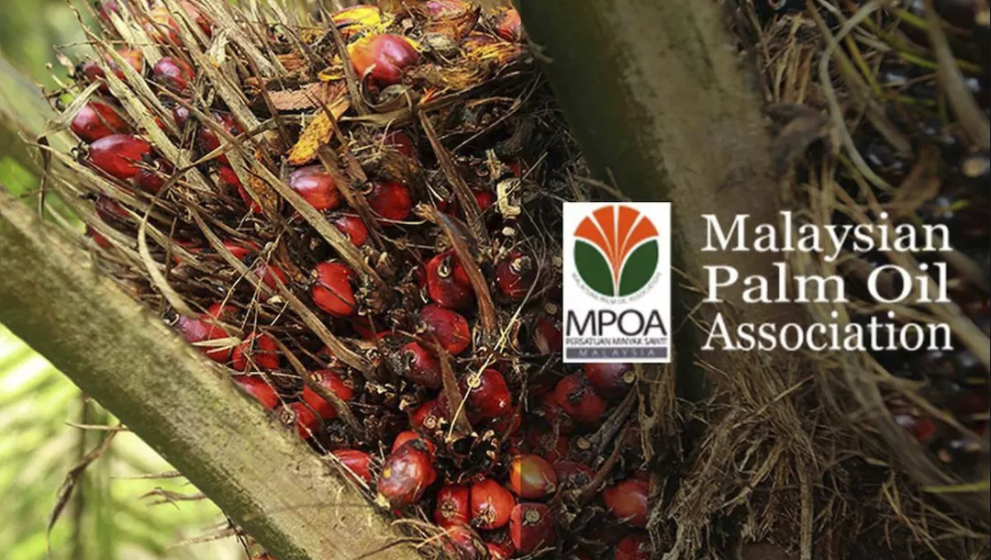Upwards adjustment to palm oil windfall profit levy threshold not sufficient, says MPOA

KUALA LUMPUR (Oct 19): The upward adjustment to the windfall profit levy (WPL) threshold for crude palm oil (CPO) announced in Budget 2025 “does not address the financial burdens” posed by the mechanism, the Malaysian Palm Oil Association (MPOA) said.
The industry association had called for WPL to be imposed only when CPO price hits RM4,000/metric tonne (MT) in Peninsular Malaysia, and RM4,500 in Sabah and Sarawak.
The levy thresholds are RM3,000 and RM3,500 respectively at present, and the government is raising them to RM3,150 and RM3,650 — a RM150 increase, compared with RM1,000 increase requested.
Expressing the disappointment, MPOA’s chief executive Roslin Azmy Hassan said in a statement, “The levy is triggered based on revenue rather than profit, resulting in a heavy financial impact during periods when market prices hover around the threshold, but operational costs are also elevated.”
This situation is further exacerbated by rising production costs, which include labour, fertilisers, transportation, and sustainability compliance expenses, it said.
“Looking ahead, 2025 is shaping up to be another challenging year for the palm oil industry, with increasing costs expected across the board.
“The marginal adjustments in the 2025 budget do not sufficiently address the financial burdens faced by the industry, nor do they provide the level of support needed to navigate the anticipated headwinds,” it added.
The MPOA reiterated its call for the WPL to be applied “based on profit margins rather than a fixed revenue benchmark, which would more fairly reflect the industry’s financial position”.
Further, the MPOA alleged that the government did not discuss with industry stakeholders on the revision of the export duty structure for CPO effective next month.
“Any revision of the export duty structure should be made with thorough consultation to ensure that the interests of all stakeholders, including plantation companies, smallholders, and downstream processors, are taken into account,” it said.
On the decision to maintain the current treatment for the export of CPO from Sabah and Sarawak, the MPOA said the government does offer some stability. However, it must be noted that this status quo does not provide any additional competitive advantage or cost relief for producers in these regions who are facing unique logistical and economic challenges.
Other Budget 2025 measures announced for the plantation sector include maintaining the RM100 million allocation for the smallholder replanting incentive, tax incentives for automation, a one-year period for accelerated capital allowance for a period of one year, and RM65 million for campaigning.
“However, to fully benefit the palm oil industry, the MPOA urged that these tax incentives be extended beyond just one year. Given the capital-intensive nature of automation projects, a longer incentive period would provide companies with the confidence to undertake substantial investments in mechanisation and other advanced technologies,” the MPOA said.
Another measure that could hit the sector is the increase in the private sector’s minimum wage to RM1,700, from RM1,500. “[The] MPOA urges the government to consider offsetting measures, such as wage subsidies or tax reliefs, to help businesses absorb the increased costs, while maintaining productivity and job stability,” the association said in response.
Source : https://theedgemalaysia.com/node/730833